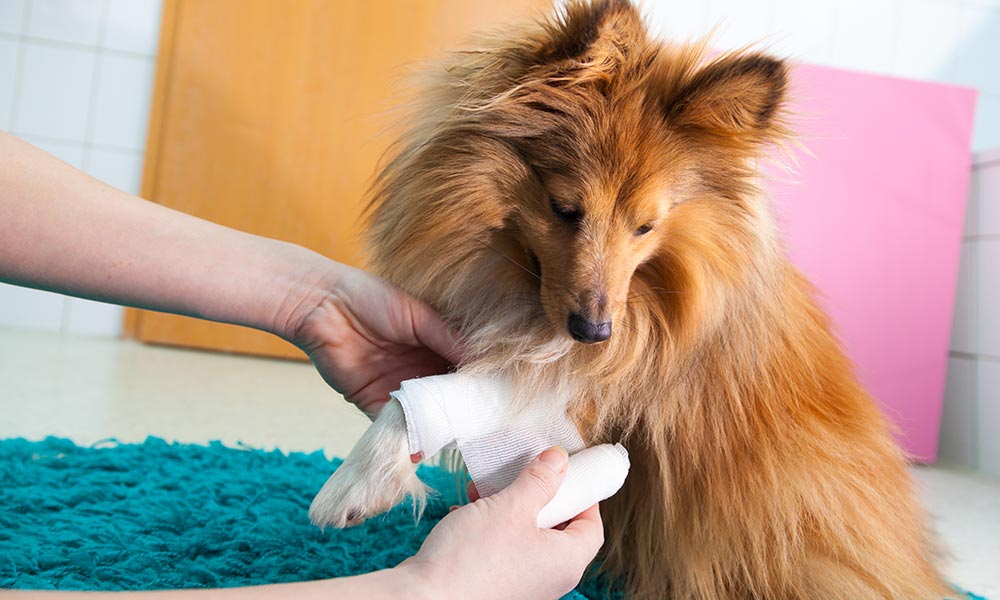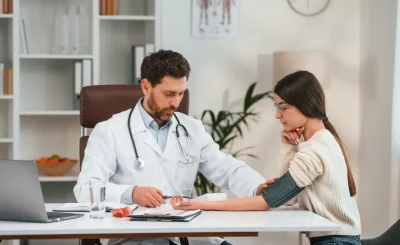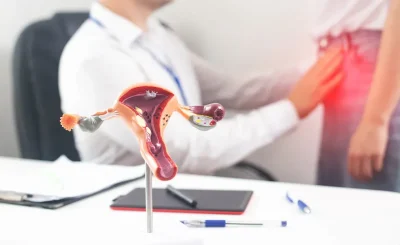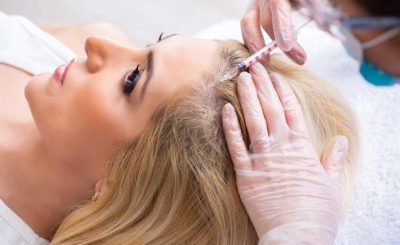Our furry friends make our lives so much better, especially here in Florida, where it is always warm and fun to be outside. But just like us, they can have problems that come up out of the blue.
Learning basic first aid for pets ahead of time can make all the difference in an emergency. And do not forget that there is always a reliable veterinarian in Clearwater ready to help if you need it.
The all-important first aid kit that every pet owner should have
A first-aid kit is like your pet’s personal armor – it is a small way to be ready for small accidents. Here are some things you should always have on hand:
- Need to take care of a wound? Use gauze pads, nonstick bandages, adhesive tape, and antiseptic wipes.
- Safety first. Disposable gloves and a mask for bigger pets.
- Tools such as digital thermometers, scissors, and tweezers.
Remember that you should always talk to your vet about what is best for your pet.
How to recognize a pet emergency
Going to the vet is not always necessary. But some signs say “emergency!” straight out. It can save you a lot of time to know them. Keep an eye out for these things:
- Cuts, bites, and accidents can all cause uncontrolled bleeding.
- Breathing problems like rapid breathing, wheezing, or gasping with the mouth open are all signs of breathing problems.
- Unconsciousness. Get help right away if your pet is not responding and does not wake up when gently stimulated.
- If they have diarrhea or vomit that does not go away or is mixed with blood, it could be a sign of a dangerous sickness.
- Seizures. Uncontrolled muscle twitches need to be treated right away by a vet.
Remember that if you are not sure what to do, always be safe and get help from a professional.
Essential first aid techniques that you need to know
Before getting your pet to the vet, here are some common things you can do in an emergency:
Bleeding
If the cut is bleeding, gently press on it with a clean cloth or gauze pad. Keep your hand on it tight until the blood stops.
Choking
If your pet is awake, try to gently take the object away with your fingers to stop it from choking. Do not force it! If your pet is asleep, lay them on their side and apply chest compressions based on their size (check with your vet first to make sure you are doing it right).
Burns
For small burns, run cool (not cold) water over the area for 10 to 15 minutes to cool it down. Do not use creams or ointments.
Minor wounds
For small cuts and scrapes, clean them gently with an antibiotic wipe. Then cover them with a loose wrap to keep them from getting dirty again.
Remember that you should get medical help right away for major injuries, poisoning, burns, or anything else that goes beyond basic first aid.
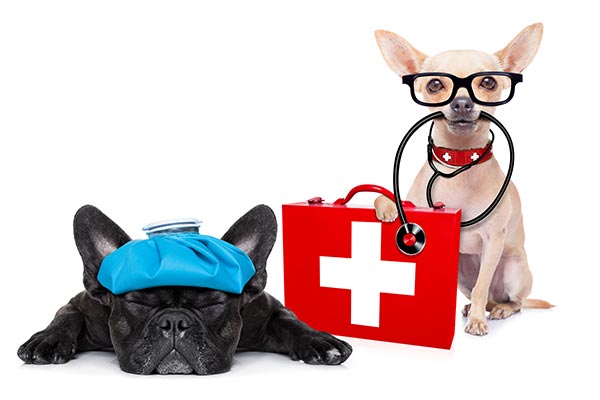
Prevention is the best cure
Regularly visit the vet
These are not just about vaccines. By giving your pet regular checkups, your vet can keep an eye on its general health, spot any problems early, and give you personalized advice.
An annual checkup for your animal friend, just like a regular one for people. Take it as a step toward living a better, healthy life.
Make your house pet-proof
Pets can get into trouble no matter how well they act. Keep cleaning products, medicines, and chemicals that could hurt them out of reach. Keep small things that could be eaten in a safe place.
Do not forget to look around your yard for things that could be dangerous, like harmful plants or drains that are not covered. A little extra work now can keep bad things from happening later.
Know what to do, have a first-aid kit, and focus on protection to make sure your animal friend is safe and loved.


